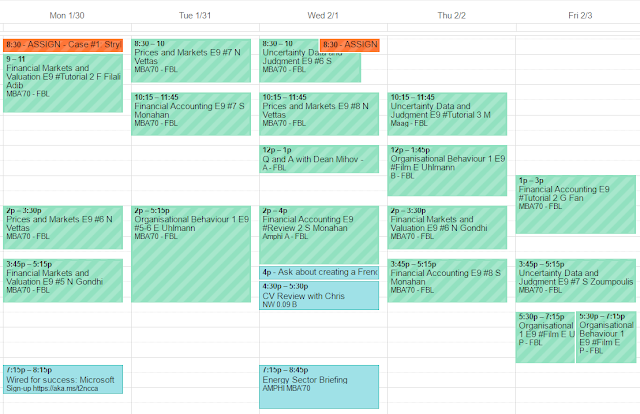Elon Musk
Recently, I started reading the Elon Musk biography. The books starts with a critique of the Silicon Valley that I hadn’t fully appreciated. Who are the successful technology companies of the last 15 years? Facebook, Twitter, Google, Instagram, SnapChat. At the end of the 20th century, it seemed as if technology was going to unlock human potential by giving the world access to vast stores of information. Instead, it has turned us into narcissists that obsess over the number of likes we have, take selfies, and never dare to touch food that we haven’t first photographed. To be fair, perhaps these companies were merely unlocking an innate narcissism that humans have always had. Nevertheless, the promise of a sci-fi future gave way to selfie sticks and the world’s top computer programming graduates flocked to the Silicon Valley to write code for apps that maximize clicks rather than advance the frontiers of technology.
Even companies that I hold in high esteem like Google at the end of the day make almost all of their money on ad revenue. I was recently having a conversation about this topic in a hostel in Prague and I went off on my rant. Then I asked the guy what his job was, and he said “Uhh, basically what you just described.” Whoops. I need to be more careful. I similarly insulted one of my classmates when I made an off-hand comment about how mobile gaming is the worst… aaand she used to work in mobile gaming. It is the worst though.
The point of this is that I want to have a career that is adding value to society and not merely capitalizing on human behavior. So far I have been focused on climate change because I see it as the root cause of many ills to come. Climate change will lead to “climate refugees” as hundreds of millions of people will be unable to continue living where they once did due to rising sea levels (e.g. Bangladesh) or changes in precipitation patterns and temperature that affect agriculture. I see that there are two paths to have a career related to climate change: mitigation and adaptation. Mitigation is try to make climate change not as bad by addressing the root cause of C02 emissions. Anything that reduces C02 emissions by decreasing demand for energy or inventing cleaner energies falls into this bucket. Adaptation relates to trying to help the people who are already affected.
Just as a good doctor attempts to treat the cause of an illness rather than alleviate the symptoms, I plan to focus my career on mitigation. Within mitigation, the major sources of energy demand are transportation, industrial, and electricity each with about a third of the pie. Each of these sections can also be further defined. For example, in the transportation sector if you want to have people consuming less fossil fuels you can either get people to switch from gas powered to electric cars or vehicles with higher fuel efficiency, with little to no change in their driving habits. Conversely, you can decrease demand for driving by improving alternatives to driving like public transportation, bike lanes, walking, or pooled ride sharing. It is worth noting that electric cars are not inherently cleaner than combustion cars. It all depends on the sources of electricity used to power that car. In fact, an electric car powered by electricity generated from coal is actually worse than a car powered by gasoline.
In electricity, it’s the same thing to reduce C02 emissions. Either have people consume less electricity, or have the electricity that they are consuming be greener. My interest in energy storage stems from the latter. Essentially, renewable energy sources like wind and solar have a big problem because we can’t control when they produce electricity. At the same time, we demand electricity 24/7 regardless if the sun is shining or wind is blowing. This mismatch between supply and demand has hamstrung the penetration of renewable energy because electricity can’t be easily stored. Energy storage would allow you to save electricity in giant batteries from times when supply is greater than demand to times when demand is greater than supply. The goal being that renewable energy generation would be able to increase as a percentage of the energy mix.
I am still trying to figure out the best way to get into this industry. I can either go into consulting as a generalist with the idea that I could specialize in energy in 2-3 years and hopefully would have picked up useful insights from other industries along the way, as well as a big brand name from a consulting firm. Or, I can jump in right away to the cleantech industry. I am still weighing my options.


Comments